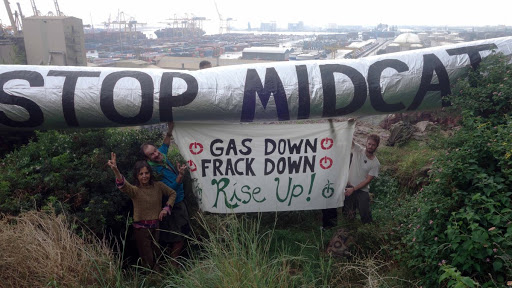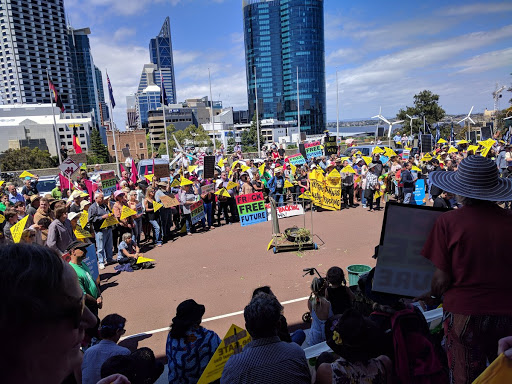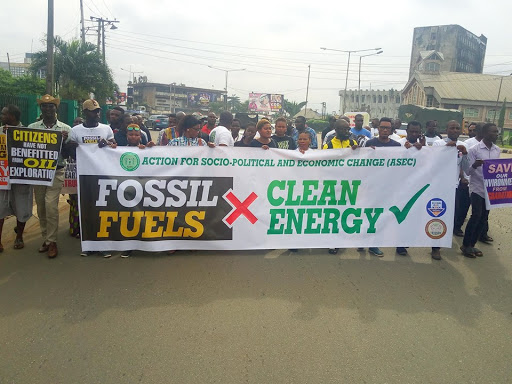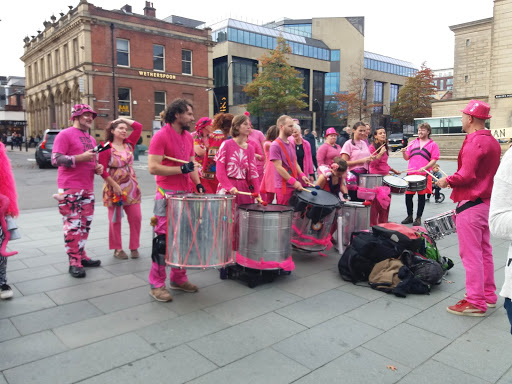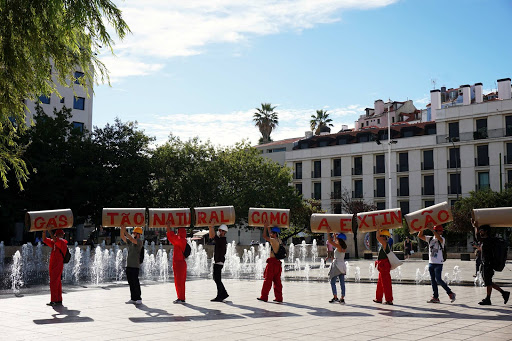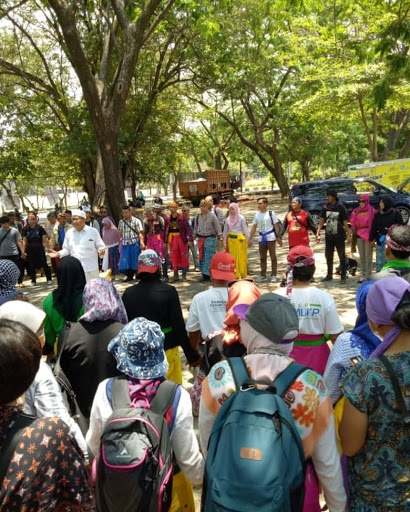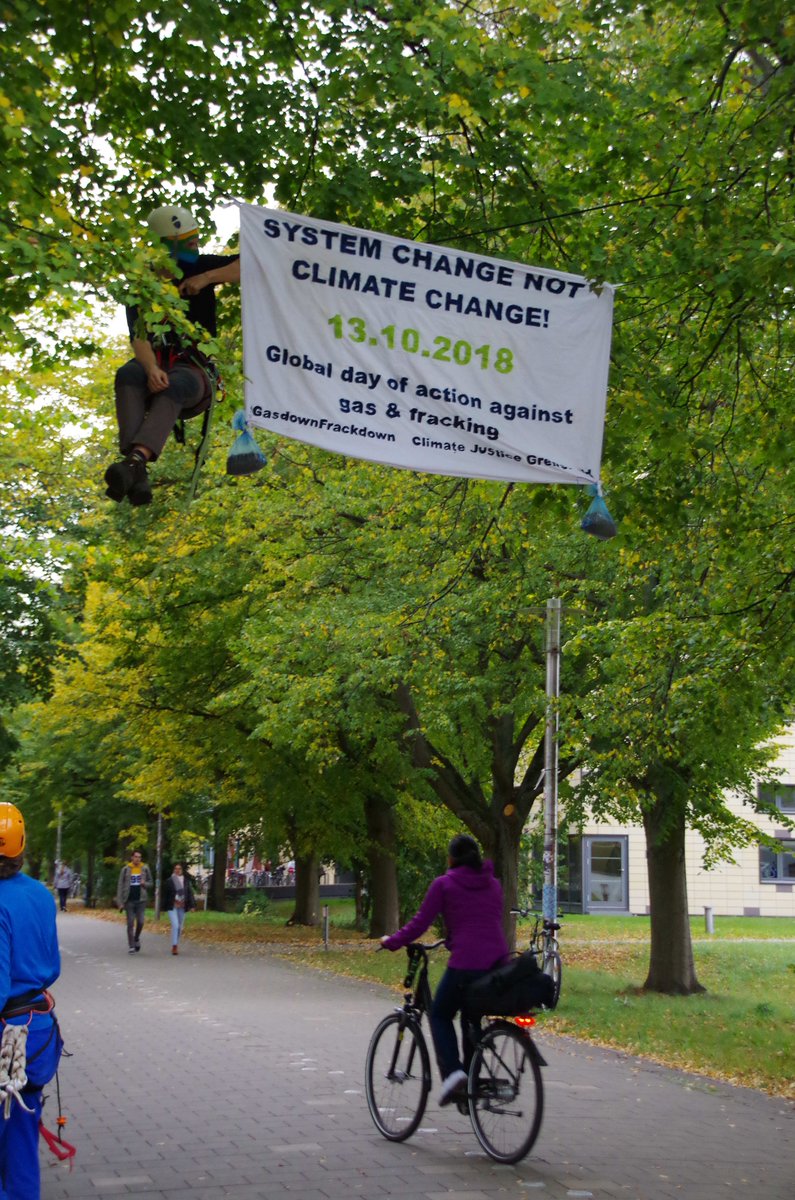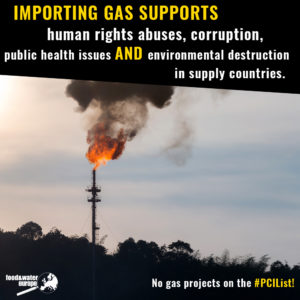European Imports of U.S. Fracked Gas Up Nearly 300% Since Last Year
Brussels — As decision makers, industry and officials meet at the Madrid Forum to discuss the creation of an internal gas market in Europe, Food & Water Watch released a report showing that more than 700 U.S. facilities have been built or are planned to take advantage of cheap fracked U.S. gas. The Fracking Endgame: Locked Into Plastic, Pollution and Climate Chaos is the first survey of the extent to which the oil and gas industry, the petrochemical industry, and the electric power industry in the U.S. are building out fracked gas infrastructure to export liquefied natural gas (LNG), manufacture more plastics, and build gas-fired power plants.
The Food & Water Watch report follows on the heels of recent remarks by U.S. Department of Energy Officials calling LNG exports “molecules of U.S. freedom” and “freedom gas”.
“Trump’s so-called ‘Energy Dominance’ agenda is not just a domestic policy: it’s a foreign policy,” said Wenonah Hauter, Executive Director of Food & Water Watch and Food & Water Europe. “Meanwhile, EU officials are working with the Trump administration to enrich energy cronies for something Europeans don’t need, and that will commit us to climate and plastic pollution. On top of that, they are diverting EU public money to build these import facilities. EU’s leaders are paving the way for U.S. energy dominance over Europe and a dangerous fossil lock-in.”
According to the European Commission, U.S. LNG exports to Europe have risen by 272% since July 2018. Many EU Member States currently import fracked US gas, while many have fracking bans on the books in their own countries. This is all despite the fact that Europe has not suffered gas shortages. The utilisation rate of all existing EU LNG terminals is – following calculations based on data from Gas Infrastructure Europe – at only about one quarter, clearly showing that any new investments in LNG infrastructure will almost inevitably create stranded assets.
Last month, over 200 groups in the U.S. and Europe called on their leaders to stop the Transatlantic LNG trade, saying it “torpedoes critical climate targets and violates basic human rights.”
The report notes that:
- The U.S. plastics industry is projecting it will add 28 million tons of plastic production between 2011 and 2020, and more than $202 billion slated to be invested in 333 new facilities and expansions related to fracked gas (including 20 ethylene crackers that will turn shale gas into feedstock for plastic manufacturing.) This investment is expected to drive a 40 percent increase in global plastic production over the next decade.
- U.S. gas exporters are promoting LNG exports to reduce the domestic gas supply and raise prices. In 2018, there were three active LNG export facilities in the U.S., but 22 more were either already being built or were approved for construction; 22 more were pending federal review.
- The U.S. power industry has 364 new gas-fired plants under development between 2018-2022, with gas deliveries to power plants rising 57 percent between 2006 and 2017.
“We are seeing a Transatlantic lock-in of fossil fuels unfold before our eyes,” says Hauter. “And it won’t be the people of the U.S. or Europe that benefit: it will be the fossil fuel and plastic industry.”
_____________________
Read the Food & Water Watch report The Fracking End Game: Locked in to Plastics, Pollution and Climate Chaos
A short companion fact sheet can be found here.
Contacts:
Andy Gheorghiu, Policy Advisor & Campaigner, Food & Water Europe, Stechbahn 9, 34497 Korbach, Germany, email: [email protected]; mobile: +49 160 20 30 974
Frida Kieninger, Campaign Officer, Food & Water Europe, Rue d’Edimbourg 26, Brussels 1050, Belgium • email: [email protected]; +32 (0) 2893 1045; mobile: +32 487 24 99 05



